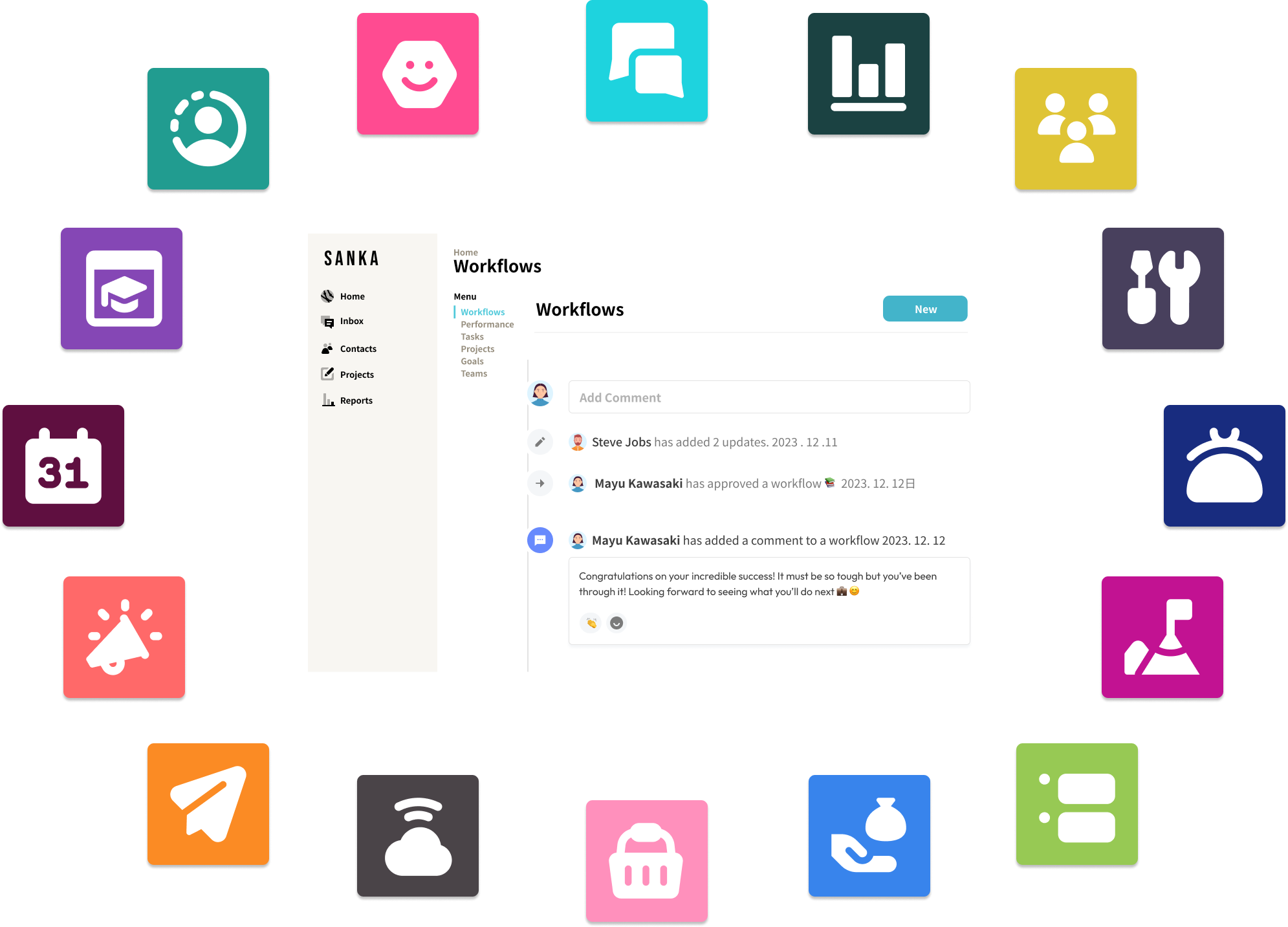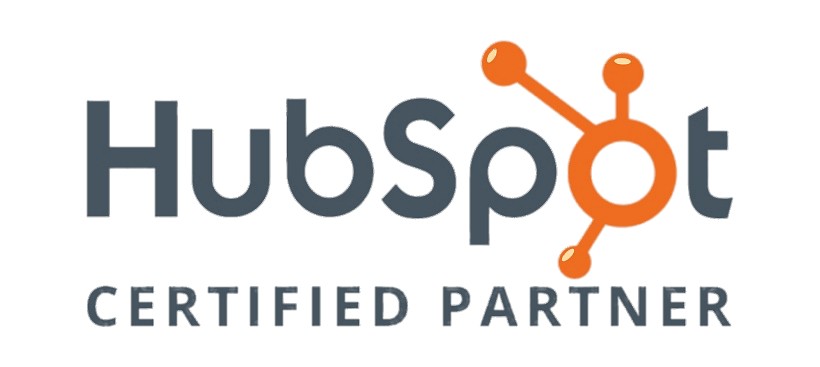Introduction
In the ever-evolving world of business and commerce, understanding your customers and serving their unique needs is the key to success.
Central to this task is Customer Relationship Management (CRM), a strategy that leverages technology to gain insights into customer behaviour and personalize customer experiences.
A CRM not only enables businesses to establish and maintain fruitful relationships with customers, but also streamlines business operations and augments growth.
But what exactly is CRM, and how can it help your business? In this blog post, we'll deep dive into defining CRM, examining its numerous benefits, exploring its roles, and discussing effective implementation practices.
What is CRM
CRM, or Customer Relationship Management, refers to all tools, techniques, strategies, and technologies used by businesses to develop, retain, and acquire customers.
This involves every aspect of interaction that a company has with its customers, whether it be sales or service-related.
A CRM software assists companies in staying connected to customers, streamlining processes, and improving profitability.
It's more than just a tool—it's a comprehensive approach to nurturing your most valuable relationships.
Benefits of CRM
CRM systems provide an assortment of benefits to both businesses and their customers:
- Enhanced Communication: With a CRM in place, all the communication data about a client is stored in one place. This makes it easy for any employee to provide high-quality service.
- Improved Customer Service: Complete client data allows companies to provide superior and more personalized customer service.
- Increased Efficiency: By automating everyday tasks such as data entry and report generation, CRM systems give employees more time to focus on higher-level tasks.
- Data-Driven Decision Making: 74% of businesses believe that CRM software improved their access to customer data. CRM systems provide advanced data analysis tools and reports, enabling companies to make well-informed business decisions based on data, not just intuition.
- Improved Customer Retention: By better knowing and understanding their customers, companies can build stronger relationships, increasing customer loyalty and retention.
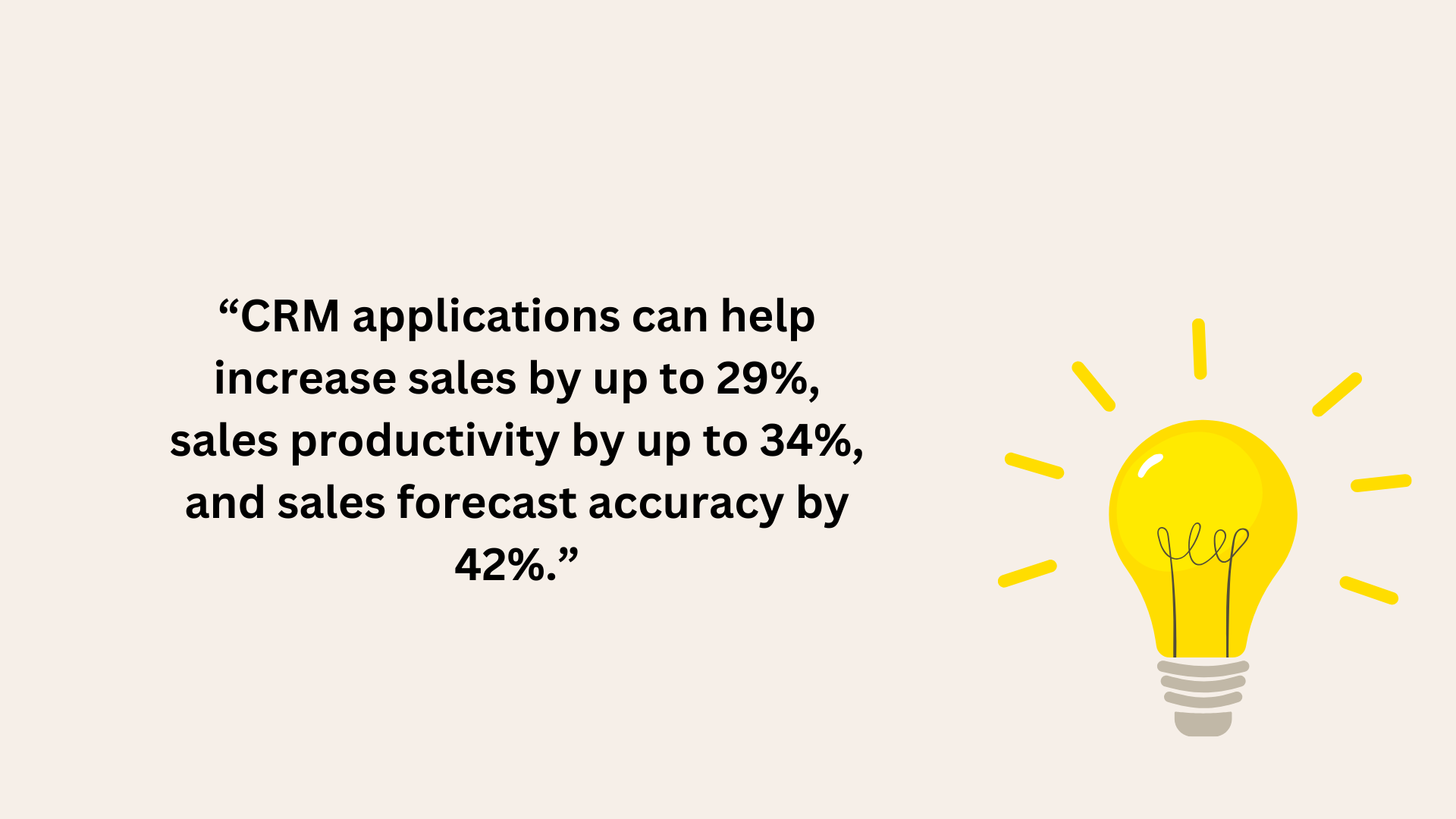
Key Components of a CRM
A Customer Relationship Management (CRM) system is not just a singular software product but a suite of applications that work together to manage various aspects of customer interactions.
Although there is a considerable variation among different CRM systems based on specific needs or industries, certain core components are usually present in most systems.
Understanding these key components can help you make an informed decision when choosing the right CRM for your business.
Contact Management
Contact management is the heart of any CRM system. It allows you to accumulate and track all the necessary details about your customers, such as their contact information, communication history, social media profiles, and important dates.
This centralized database helps in maintaining organized, up-to-date, and accessible details about all your clients, thus enabling more personalized interaction with them.
Interaction Tracking
Interaction tracking is closely related to contact management. It records every interaction between the company and the customers, including emails, phone calls, meetings, and even social media exchanges.
This component provides a comprehensive view of the customer's journey and their experience with the business, helping identify potential issues and opportunities.
Lead Management
Lead Management is an essential CRM component that helps businesses in identifying, scoring, and nurturing leads.
It drives the process of converting a visitor, who has shown interest, into a potential customer. This component includes lead tracking, lead scoring, and lead nurturing functionalities, which can significantly streamline the sales process.
Sales Pipeline Management
Sales pipeline management helps businesses effectively oversee and drive every stage of the sales process.
This component provides visual representations of your sales funnel, enabling you to monitor deals and stages, track sales performance, and identify bottlenecks that can hinder deal closure.
Email Integration
Email integration is a prominent feature in many CRM systems. It allows users to send emails directly through the CRM, track opens and clicks, and automate follow-ups, all while keeping the communication history logged with their customer data.
This helps your team to boost productivity and enhance communication with customers.
Reporting & Analytics
Modern CRM systems sport sophisticated reporting and analytics capabilities. This component harnesses the power of data collected by the CRM to create informative reports and dashboards that reveal customer behavior patterns, sales trends, team performance, and more.
The insights derived can help in making data-driven decisions and strategic planning.
Social Media Management
The social media management feature of CRM allows businesses to manage their social interactions effectively.
It not only tracks mentions and messages but also offers customer insight by monitoring their activities and interests.
This can help businesses to enhance social selling, customer service, and audience engagement.
Mobile CRM
Mobile CRM allows access to the CRM system for teams that work remotely or are on-the-go via smartphones or tablets, ensuring real-time data access and updates.
This can significantly improve productivity, response times, and customer satisfaction.
Workflow Automation
Workflow automation helps eliminate repetitive tasks by automating them. This could include things like sending follow-up emails, creating service tickets, setting task reminders, etc.
By reducing manual efforts, your team can significantly boost productivity and focus more on strategic tasks.
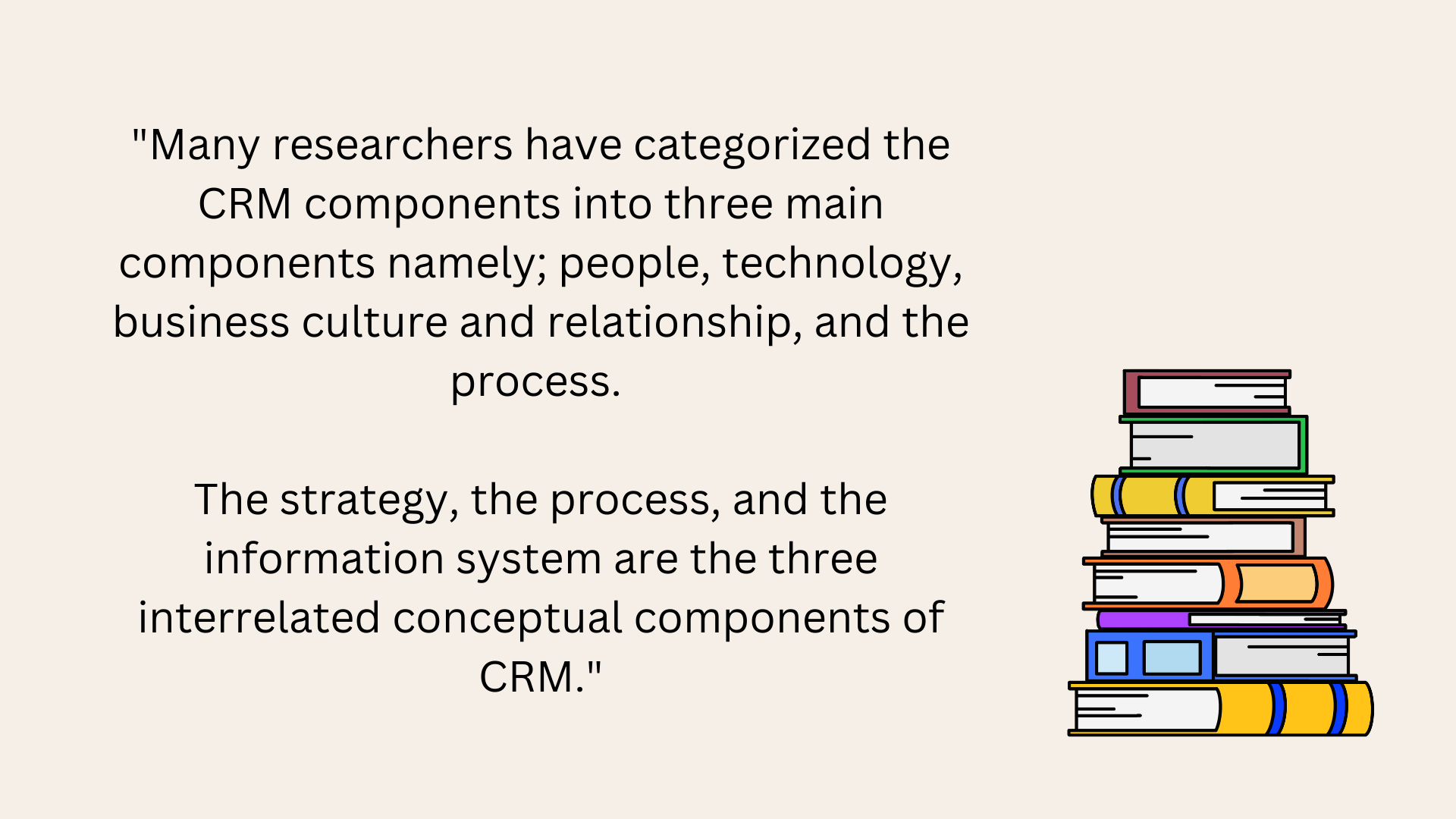
Choosing the Right CRM: Factors to Consider
Selecting the ideal CRM for your business requires careful consideration of various factors to ensure that the chosen solution aligns with your goals and operational needs.
With numerous CRM options available in the market, each with its unique features and capabilities, it can be overwhelming to make the right choice.
In this section, we'll discuss the critical factors to consider when selecting the CRM that best aligns with your business goals and requirements.
Business Size and Complexity
Before exploring CRM options, it's essential to have a clear understanding of your business's specific needs.
Different CRMs cater to businesses of various sizes. Choose a CRM that can accommodate your current needs while allowing room for growth.
By identifying your goals, you'll be able to narrow down your CRM options and ensure that the system you choose aligns with your requirements.
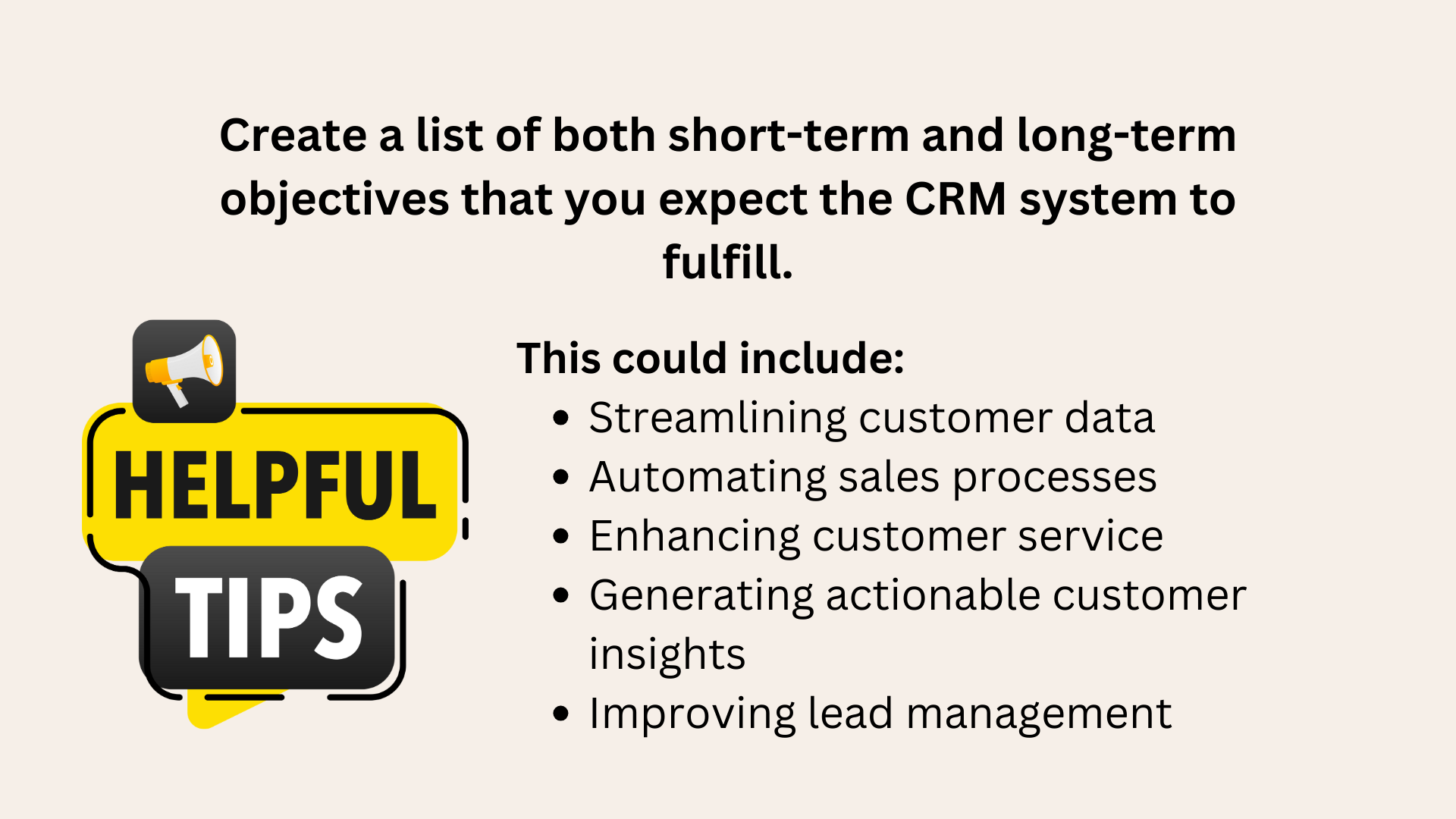
Features and Functionality
After identifying your requirements, compare the features offered by different CRM solutions based on your objectives.
Assess the specific features you require, such as contact management, sales automation, marketing automation, and integration capabilities.
Remember to prioritize features that your business will use most frequently; otherwise, you could end up paying for functionalities that your team will hardly use.
Integration with Existing Tools
A CRM system that can integrate seamlessly with your existing software ecosystem will save time and streamline workflows.
Verify that the CRM you choose can connect with the tools you already use, such as email marketing tools, accounting software, or e-commerce platforms.
Also, consider CRMs that have open APIs (application programming interfaces), which make integration with other software products more straightforward.
User Interface and Usability
A user-friendly interface simplifies onboarding and daily usage, ensuring widespread adoption across your organization.
A CRM system should be user-friendly and shouldn't require extensive technical knowledge for day-to-day operations.
Take advantage of product demos or trial periods to evaluate different CRM systems' user experiences.
Scalability
As your business expands, your CRM should grow with you. Ensure that the CRM you select is scalable and flexible to accommodate future growth in users, customers, and data.
This can save you from investing in the implementation of new CRM software down the line.
Mobile Accessibility
In today's mobile-driven world, having a CRM with a responsive mobile app is crucial for remote and on-the-go access.
Cost and Budget
Set a budget for your CRM investment and compare the pricing plans of the shortlisted CRM solutions.
CRM software varies in price based on factors such as features, customer support, number of users, and data storage.
Evaluate the cost of the CRM, including subscription fees, implementation costs, and potential hidden charges.
Training and Support
Vendor-provided training and support are essential to ensuring successful CRM adoption by your team.
Check what type of training, support, and documentation the CRM vendor offers and whether it matches your team's requirements.
This could include onboarding training, webinars, video tutorials, or even ongoing account management support.
Data Security
The CRM system you choose should be capable of keeping your customer data safe and secure.
Review the vendor's security practices and policies to ensure that your data is protected from unauthorized access, data breaches, or potential loss.
Make sure that the CRM vendor complies with any relevant industry-specific regulations or certifications.
Customer Support
Reliable customer support ensures that you receive assistance whenever you encounter challenges or need guidance.
Implementing a CRM System
Successful CRM implementation involves several crucial steps:
- Setting Objectives: Clearly defined objectives provide a roadmap for CRM implementation and help measure its success.
- Choosing the Right CRM: There are numerous CRM systems available, each with their strengths and weaknesses. Analyze your company's specific needs and select the CRM that aligns best with them.
- Training the Team: A CRM system is only as good as the people who use it. Invest in training your team on how to make the most of the tools available.
- Data Migration & Integration: Import existing customer data into your new system and ensure it's working harmoniously with your existing software ecosystem.
- Monitoring & Tweaking: After launching the system, regularly monitor it to determine if it's meeting your objectives, and make adjustments as necessary.
Sanka for Your CRM Solution
Are you looking for a CRM solution to level up your customer relationship management without breaking the bank?
Sanka CRM is here to help you streamline customer interactions, unify company info, and grow your business with a completely free CRM solution.
Why Choose Sanka CRM?
Sanka stands out from other CRM software due to its commitment to offering a robust and user-friendly CRM solution at absolutely no cost. It combines powerful features tailored to elevate businesses of all sizes.
- Trusted by Leaders - With over 1,000 trusted clients and 100+ satisfied users, Sanka caters to both global brands and fast-growing startups.
- All-in-One CRM Solution - Experience seamless customer relationships with unified contacts, smart automation, and an intuitive interface.
- Customized Solutions - Sanka adapts to the unique needs of your business, ensuring you maximize the benefits of the software.
- Top-Notch Support - Sanka's dedicated team of experts with over 10 years of experience offers exceptional customer support and services.
Key Features
- 20 Business Apps - Centralize all workflows and optimize cost spend with one platform.
- Flexible Solutions - Customize your apps and integrations to build a personalized CRM solution.
- Unlimited Workflows and Integrations - Automate processes to boost productivity and reduce manual effort.
- Ease of Use - The user-friendly interface allows for a seamless experience, letting you focus on nurturing customer relationships.
- Dedicated Support - Access ongoing assistance, onboarding, and migration support from a team of experts, ensuring a smooth transition to Sanka.
Don't miss the opportunity to revolutionize your business with a free CRM solution! Contact Sales today for a personalized consultation and experience the power of Sanka.
Discover how Sanka CRM can streamline your customer interactions, increase efficiency, and grow your business with the best ROI in the industry.
Sign up now and start nurturing your most valuable relationships with Sanka!
Conclusion
CRMs provide the necessary tools to efficiently manage customer interactions, streamline sales and marketing efforts, and optimize customer support.
When choosing a CRM for your business, consider factors such as your business size, required features, customization options, and integration capabilities.
While the initial setup and integration of a CRM can be extensive, the long-term benefits certainly outweigh the effort.
From improved customer service to insightful analytics, a CRM solution is worth every penny. It is, therefore, of paramount importance for every business, small or big, to integrate a robust CRM solution into their operation.
Irrespective of the industry, mastering the art of CRM can be the ultimate game-changer, fostering long-term customer relationships and driving business growth.

